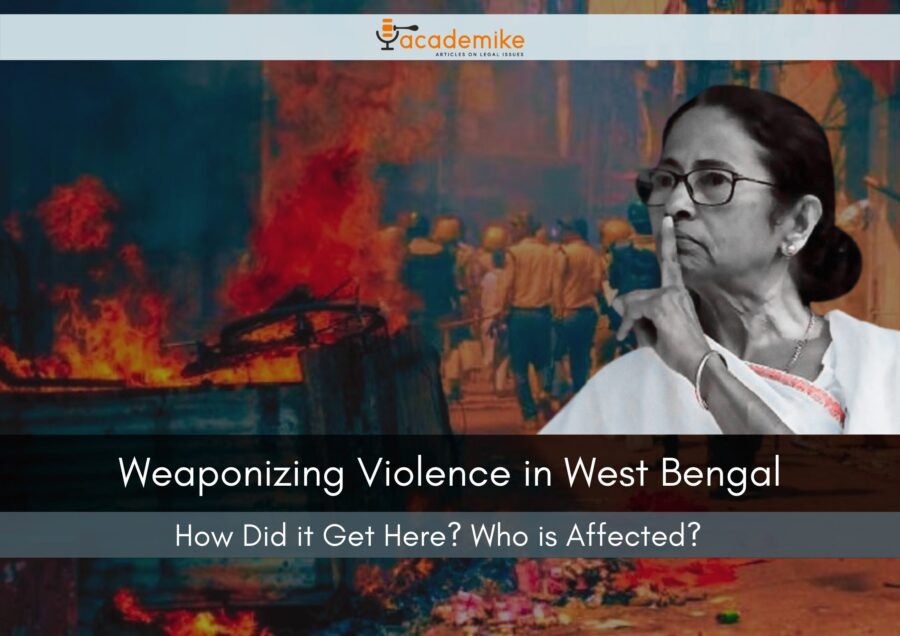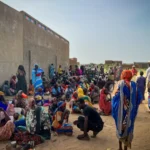June 2024 was a tumultuous month for India as it witnessed significant political upheaval following the general elections held earlier that month. The elections concluded on June 4, revealing that Prime Minister Narendra Modi’s Bharatiya Janata Party (BJP) had lost its majority in the Lok Sabha. This was surprising since many exit polls had predicted a sweeping victory for Modi’s party24.
As a student observing these events from afar, it was shocking to see how quickly political disappointment turned into violence. In West Bengal, where the ruling All India Trinamool Congress (TMC) party gained ground at the expense of the BJP, there were reports of severe post-poll violence. Over 30 violent incidents occurred within days of the election results announcement, with clashes primarily between BJP and TMC supporters24.
The violence left me feeling unsettled; it seemed like a stark reminder of how political rivalries can escalate into chaos. My friends and I discussed how elections should be a celebration of democracy rather than a trigger for violence. The BJP’s loss was not just about seats; it represented a shift in public sentiment that some supporters struggled to accept.
This situation raises critical questions about political accountability and the need for peaceful transitions of power in a democracy. As young citizens, we must advocate for dialogue and understanding rather than resorting to violence when faced with disappointment or disagreement. The events in West Bengal serve as an important lesson for our generation about the responsibilities that come with democracy and civic engagement.
Image Credits: https://www.lawctopus.com/academike/violence-in-bengal/


